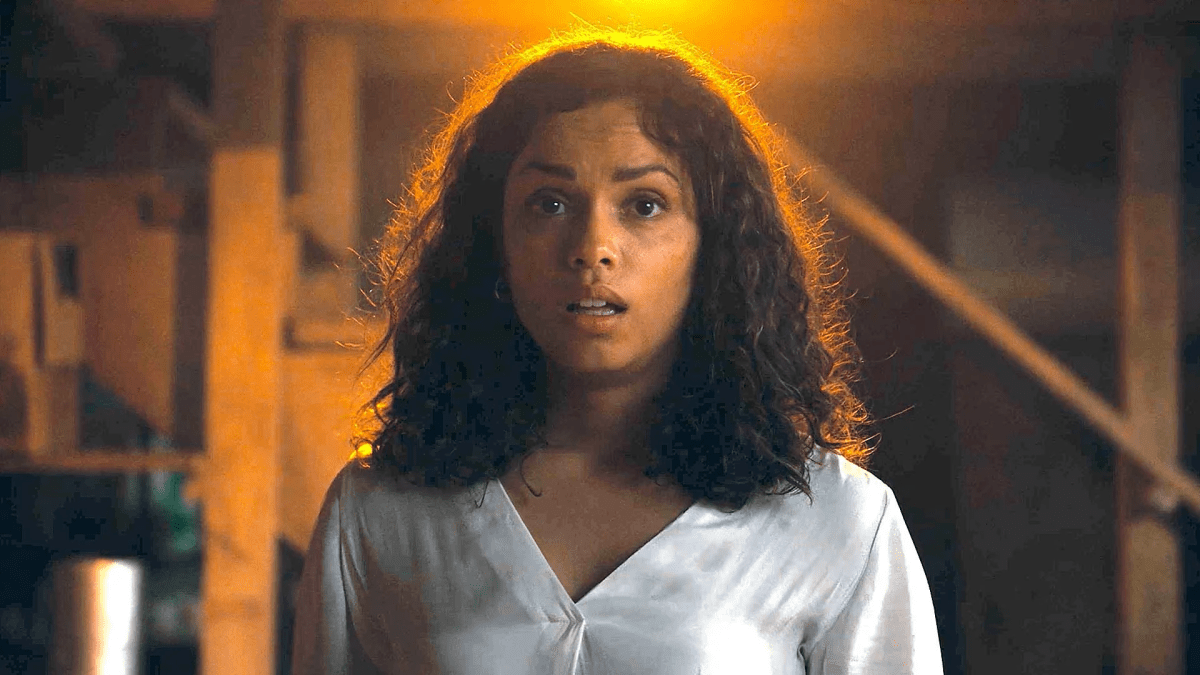The plight of the horror genre is a particularly tumultuous one. Even though such films regularly find themselves alongside the best that both genre fiction and more grounded, dramatic films have to offer these days, there was a time in the not-so-distant past when horror films were considered just slightly more artful than pornography.
And that unsavory legacy continues to show bits and pieces of itself today, as the term “elevated horror” has found itself getting thrown around in the presence of names like Ari Aster, Robert Eggers, and Jordan Peele, all of whom famously put more emphasis on emotional and thematic horror rather than more palpable avenues for disgust.
Of course, what’s really being described here is the much more descriptive, respectful, and historically prevalent subgenre of psychological horror, and so the term “elevated horror” doesn’t do much beyond putting an elitist spin on a subsection of the genre, make a fraction of the term’s users feel somewhat intelligent, and, probably, annoy the very filmmakers the term seeks to praise.
Zach Cregger is one such filmmaker, whose high-flying sleeper hit Barbarian recently landed on HBO Max and Disney Plus after finding massive success with critics and the box office. In an interview with Discussing Film, Cregger was all too happy to point out how useless the aforementioned term is, and how its usage likely indicates a lack of knowledge about the horror genre as a whole.
I feel like the term “elevated horror” is for people who don’t know much about horror. It’s for people who see horror as some inferior genre. I worship Hereditary and Get Out. But I also worship Evil Dead II because it’s a fantastic movie. I don’t care where we land on the spectrum of horror versus “elevated horror” because I just think that term is useless.
Barbarian is now streaming on HBO Max in the United States, and in international territories on Disney Plus via the streaming service’s Star content package.

